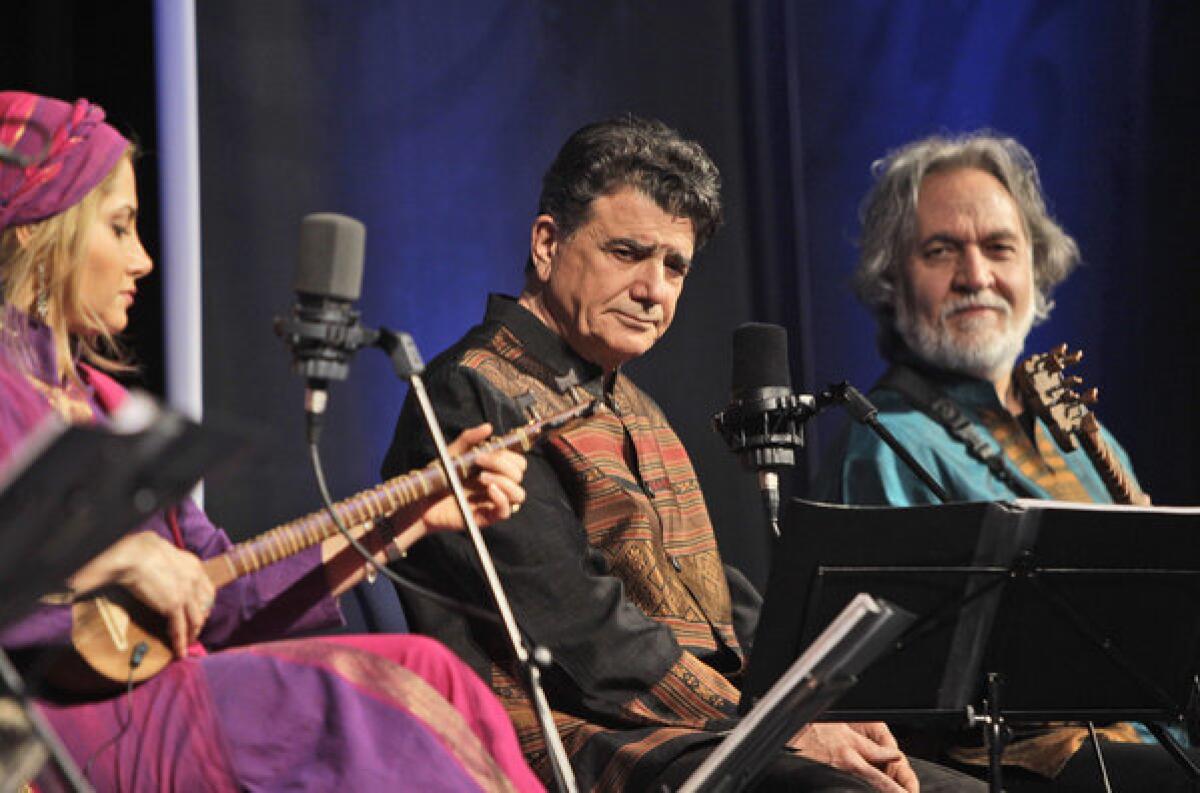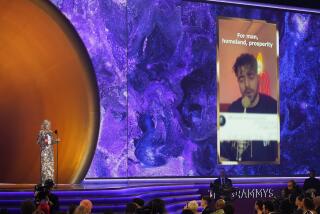No Ramadan return for Iran maestro Mohammad Reza Shajarian

TEHRAN -- In these first days of Ramadan, many Iranians hoped to hear a familiar and beloved voice as they tuned into state radio or switched on TV just before iftar, the evening meal that signals the end of the dawn-to-dusk fast.
They were looking forward to the soothing melodies of Mohammad Reza Shajarian, among the most acclaimed vocalists of traditional Persian songs, reciting his celebrated version of the “Rabbana” (Our Lord) Islamic prayer, a longtime tradition that came to an abrupt halt four years ago. [A version has been posted on YouTube].
Alas, listeners and viewers this week were instead greeted by a stern cleric lecturing about Islam and morality, followed by a prayer. Many were disappointed, especially following the election last month of Hassan Rouhani as president and his calls for a more open society.
The acclaimed singer has had sour relations with the state-run Islamic Republic of Iran Broadcasting organization since the previous presidential balloting in 2009, when President Mahmoud Ahmadinejad was reelected for a second term amid allegations of vote rigging that sparked widespread demonstrations. In an act of solidarity with the protesters, Shajarian wrote a letter to the state broadcaster asking that his songs not be aired for a while -- except, that is, for the Rabbana, which is based on Koranic verse.
Since 2009, Shajarian´s voice has not been heard on state media, even though he has toured worldwide, delighting Iranian expatriates and is a favorite of both devoted Muslims and secular Iranians.
But there were high hopes that Shajarian would make an official comeback this Ramadan. During a presidential debate last month, then-candidate Rouhani condemned the Shajarian blackout. Many moderate and middle-class voters applauded the candidate’s position.
Yet there was no sign that the hardliners in charge of state media were budging on the contentious question of airing Sharjarian’s mellifluous phrasings.
“We have no intention of playing” the voice of Sharjarian, Ali Darabi, the state broadcaster’s vice president, was quoted this week in the semiofficial Iranian Students News Agency.
Some viewed Shajarian’s prospective return to the airwaves as a symbolic litmus test of how President-elect Rouhani would stand up to the hardliners, even though Rouhani does not take office until next month.
“Rouhani deceived people and wooed them to the ballot boxes for a high turnout, and now he can say that he is not a decision-maker,” said a disillusioned Ali Sabzevari, 31.
But Mojgan Faraji, a journalist working for reformist dailies, responded with equanimity. The president -- and especially a president-elect -- does not have a definitive say on state media programming, she noted.
“It was Rouhani’s fault to talk about something that is not in the domain of a presidential decision,” said Faraji, 37. “Rouhani seized the moment in the live TV debates to gain popularity.”
ALSO:
In Syria, no letup in fighting as Ramadan begins
Egypt unrest: Suspects held in rooftop killing of Alexandria teen
Pope Francis criminalizes leaks, child sex abuse in Vatican City law
Special correspondents Mostaghim reported from Tehran and Sandels from Beirut. Times Staff Writer Patrick J. McDonnell in Beirut contributed.
More to Read
Sign up for Essential California
The most important California stories and recommendations in your inbox every morning.
You may occasionally receive promotional content from the Los Angeles Times.










